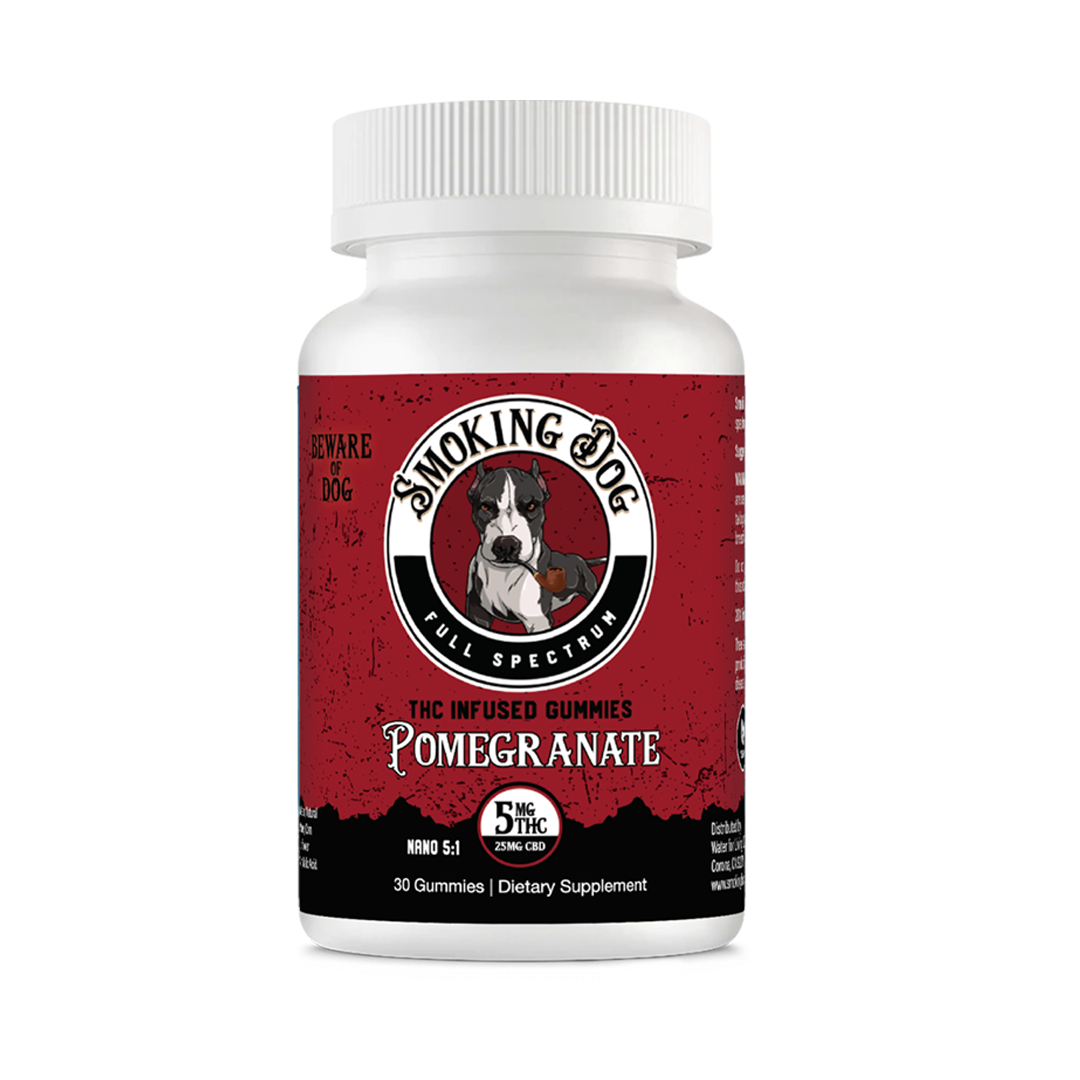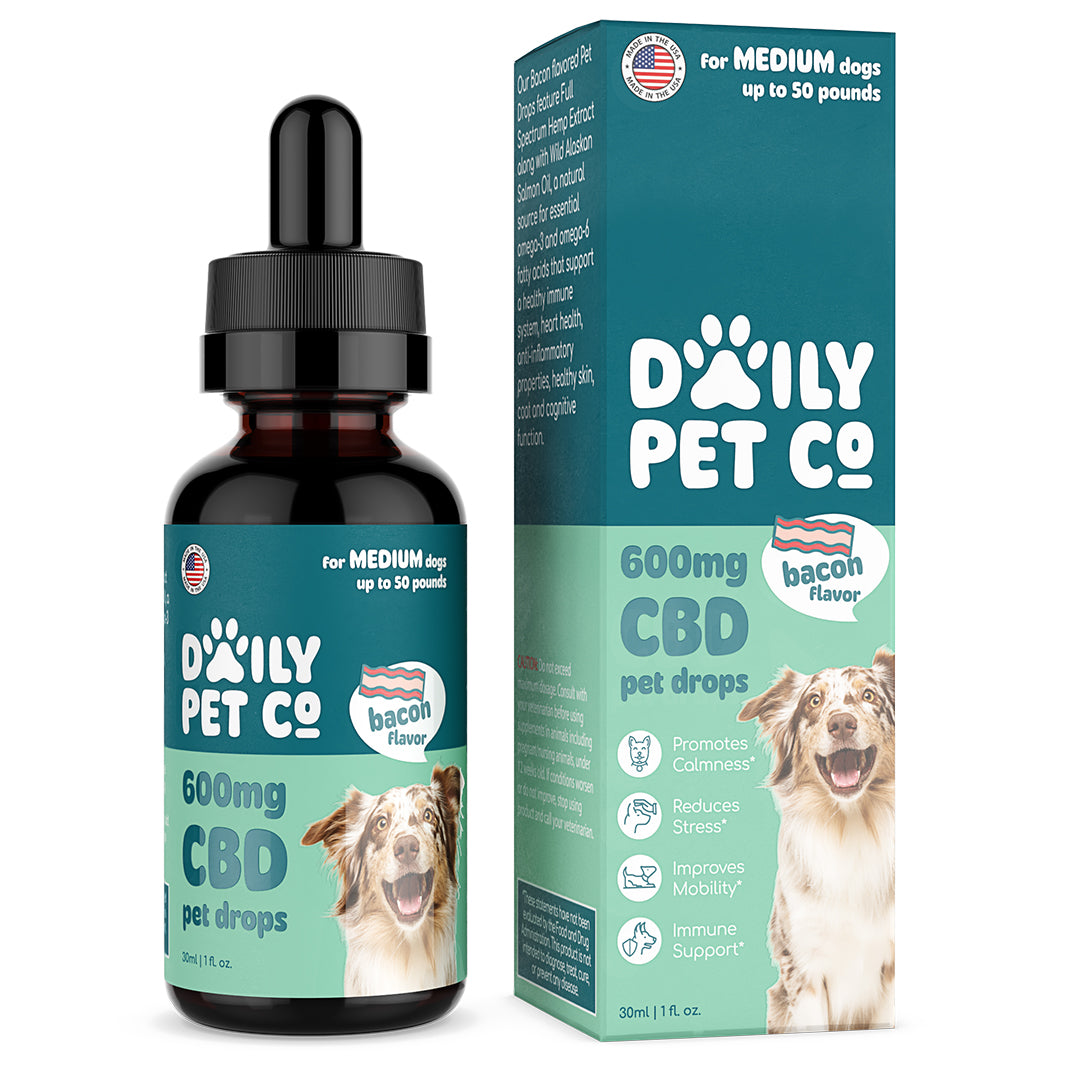Can Dogs Have Gummies With Thc

The internet is awash with tempting treats for both humans and their canine companions. However, a growing trend – THC-infused gummies – presents a serious and potentially deadly risk to dogs. As legalization spreads, these products are becoming increasingly accessible, leading to accidental ingestion and a surge in veterinary emergencies.
This article delves into the dangers of dogs consuming THC-infused gummies, examining the science behind its toxicity, the symptoms to watch out for, the veterinary response, and the preventative measures pet owners must take. The aim is to provide crucial information, informed by veterinary experts and toxicology data, to help dog owners protect their beloved pets from this growing threat.
The Science of THC Toxicity in Dogs
THC, or tetrahydrocannabinol, is the psychoactive compound in cannabis that produces the "high" in humans. Dogs have a significantly higher concentration of cannabinoid receptors in their brains compared to humans, making them far more sensitive to the effects of THC.
This heightened sensitivity means even small amounts of THC can be toxic to dogs. The effects can range from mild disorientation to severe neurological problems, even death.
How Gummies Exacerbate the Problem
Gummies, especially those designed to be palatable to humans, pose a double threat. Their sweet taste and chewy texture make them extremely appealing to dogs, increasing the likelihood of ingestion.
Furthermore, the concentration of THC in gummies can be inconsistent and often higher than in other cannabis products. This inconsistency makes it difficult to determine a safe dosage, and even a single gummy can contain a lethal amount for a small dog.
Symptoms of THC Toxicity in Dogs
Recognizing the signs of THC poisoning is crucial for prompt veterinary intervention. Symptoms can manifest within minutes to hours after ingestion.
Common symptoms include lethargy, incoordination (often appearing as a "drunken" gait), dilated pupils, drooling, vomiting, urinary incontinence, and tremors. More severe cases can involve seizures, coma, and respiratory depression.
Another telling symptom is a slowed heart rate. If you suspect your dog has ingested THC, it's critical to seek veterinary care immediately, even if symptoms appear mild.
Veterinary Response and Treatment
Veterinary treatment for THC toxicity is primarily supportive. There is no specific antidote for THC poisoning in dogs.
Treatment typically involves inducing vomiting (if ingestion was recent and the dog is conscious and stable), administering activated charcoal to absorb THC in the gastrointestinal tract, and providing intravenous fluids to maintain hydration. In severe cases, veterinarians may need to manage seizures or provide respiratory support.
Veterinarians often use medications to help control symptoms like anxiety or vomiting. The prognosis for dogs with THC toxicity is generally good with prompt and appropriate veterinary care, but delayed treatment can lead to more serious complications and a poorer outcome.
The Rise in Veterinary Cases
Veterinarians across the country report a significant increase in cases of THC toxicity in dogs. This surge is directly linked to the increasing availability and legalization of cannabis products.
A study published in the Journal of the American Veterinary Medical Association documented a sharp rise in cannabis-related toxicity calls to animal poison control centers in states that legalized cannabis. The study emphasized the importance of increased public awareness and responsible storage of cannabis products.
The American Veterinary Medical Association (AVMA) has issued warnings about the dangers of cannabis exposure to pets, highlighting the need for responsible pet ownership and safe storage practices.
Prevention: Protecting Your Dog
Prevention is paramount when it comes to protecting your dog from THC toxicity. Storing all cannabis products, including gummies, in secure, locked containers is essential.
Never leave cannabis products unattended or within reach of your dog. Be mindful of visitors to your home who may possess cannabis products.
Educate yourself and others about the dangers of cannabis exposure to pets. Talk to your veterinarian about any concerns you may have regarding cannabis and your dog's health.
A Call for Further Research and Regulation
While anecdotal evidence and clinical observations paint a clear picture of the dangers of THC to dogs, further research is needed to fully understand the long-term effects of cannabis exposure on canine health. Studies are needed to determine the optimal treatment protocols and assess the potential for chronic health problems resulting from THC toxicity.
Stricter regulations regarding the packaging and labeling of cannabis products could help prevent accidental ingestion by pets. Clearly visible warnings about the dangers of cannabis exposure to animals should be prominently displayed on all cannabis products.
Collaboration between veterinarians, regulatory agencies, and cannabis manufacturers is crucial to developing and implementing effective strategies to protect pets from the harmful effects of THC.
Looking Ahead
The prevalence of THC-infused gummies presents an ongoing and evolving threat to dogs. As cannabis legalization continues to expand, the risk of accidental ingestion will likely increase.
Pet owners must remain vigilant and proactive in protecting their canine companions. By understanding the dangers of THC, recognizing the symptoms of toxicity, and taking preventative measures, we can help ensure the safety and well-being of our beloved dogs.
Ongoing research, stricter regulations, and increased public awareness are crucial to mitigating this growing threat and safeguarding the health of our furry friends.


















